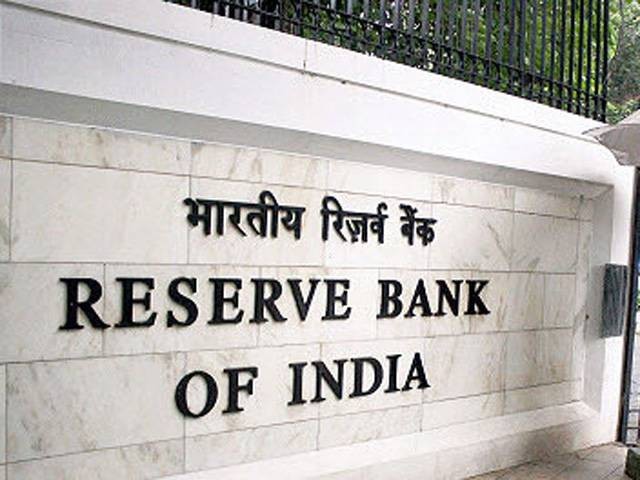
There has been a four-fold increase in the quantum of money swindled by fraudsters from banks in the last four years, the Reserve Bank said Monday.
Looking at the progress in the first half of the ongoing fiscal, the pace of frauds seems to be continuing on the upward trajectory, the RBI data said.
In the financial stability report, the RBI said 5,917 frauds involving an amount of Rs 41,167 crore were reported by the banks in fiscal year 2017-18, as against 4,306 frauds entailing an amount of Rs 10,170 crore in FY14.
The graph of both the frauds as well as the amount involved has been on the rise steadily through the four years till FY18, which coincides with the government change at the Centre.
The only exception was in fiscal year 2015-16, which saw a dip in the total amount involved as compared to the previous fiscal, even as the number of frauds rose marginally.
In the government's full final fiscal in office, the trend of a rise in frauds seems to be continuing, with 3,416 frauds involving an amount of Rs 30,420 crore being reported.
On an annualised basis, it is higher than the previous fiscal's 5,917 frauds involving an amount of 41,167 crore.
There has been a huge jump in credit related frauds in the first half of the current fiscal, the RBI report said, pointing out that they now constitute 94.51 per cent of the overall amount as against 54.8 per cent in the previous fiscal and 82.71 per cent in fiscal year 2013-14.
There has been a marked increase in the number of large frauds involving amounts of over Rs 50 crore, it said, adding that the state-run lenders continue to be a major victim of fraud-related cases.
The FSR said the share of the 11 state-run banks under the prompt corrective action (PCA) framework was more than their share of the risk-weighted assets, at 36.5 per cent of the overall frauds as against under 19 per cent share in operational risk going by risk weighted assets.
"A more judicious alignment of realised operational risk with allocated capital, specifically with regards to PCA-PSBs, is desirable," the report said.
It recommended a ringside assessment of efficacy of audit framework (both internal and external), the internal governance framework, with regard to accountability and credit screening/oversight for the state-run lenders.


.jpeg)

